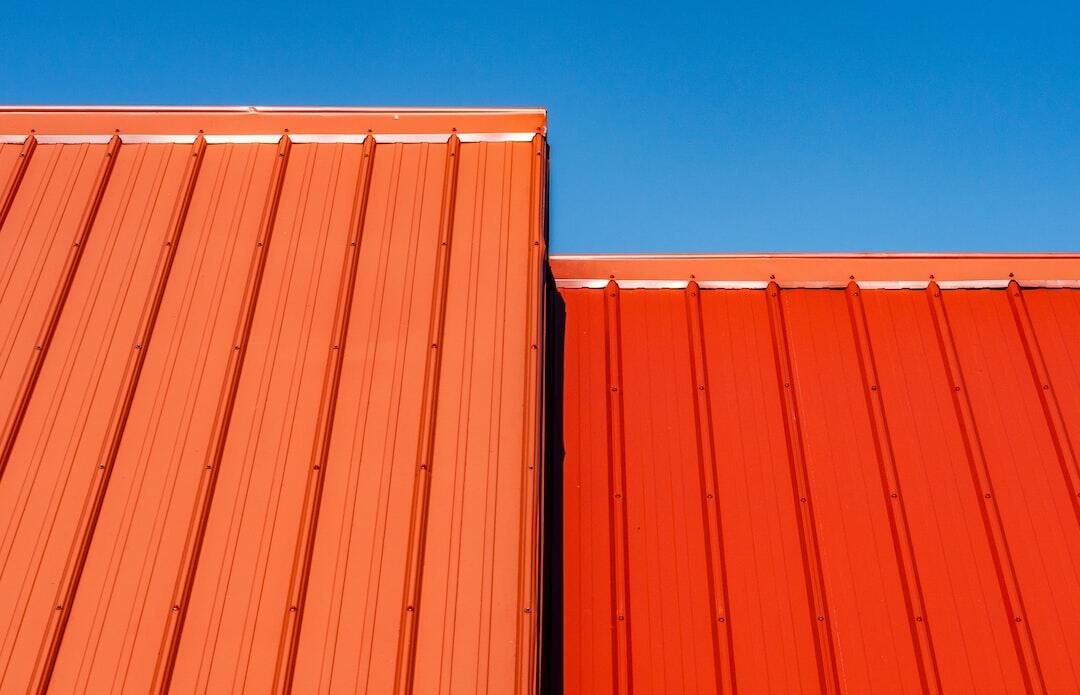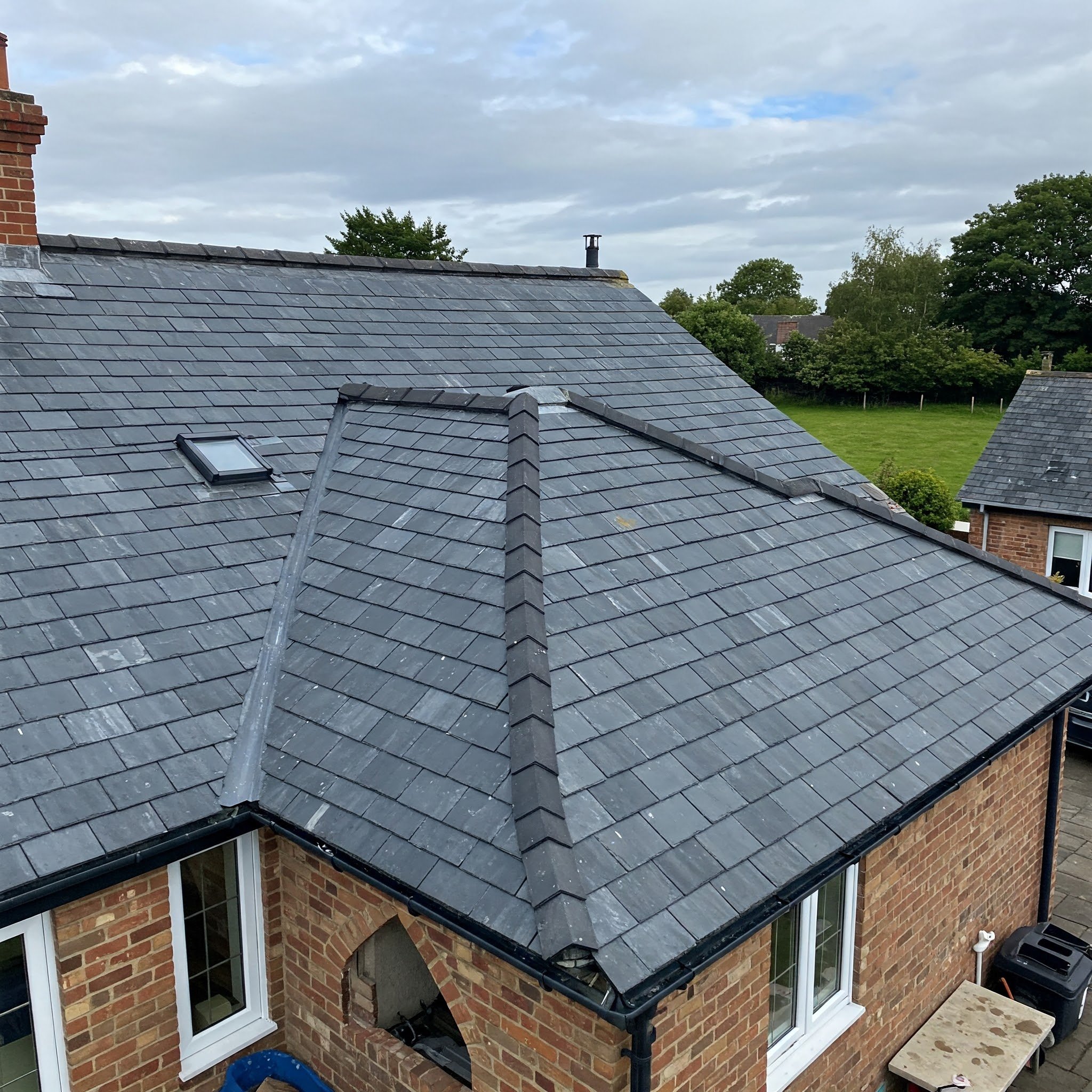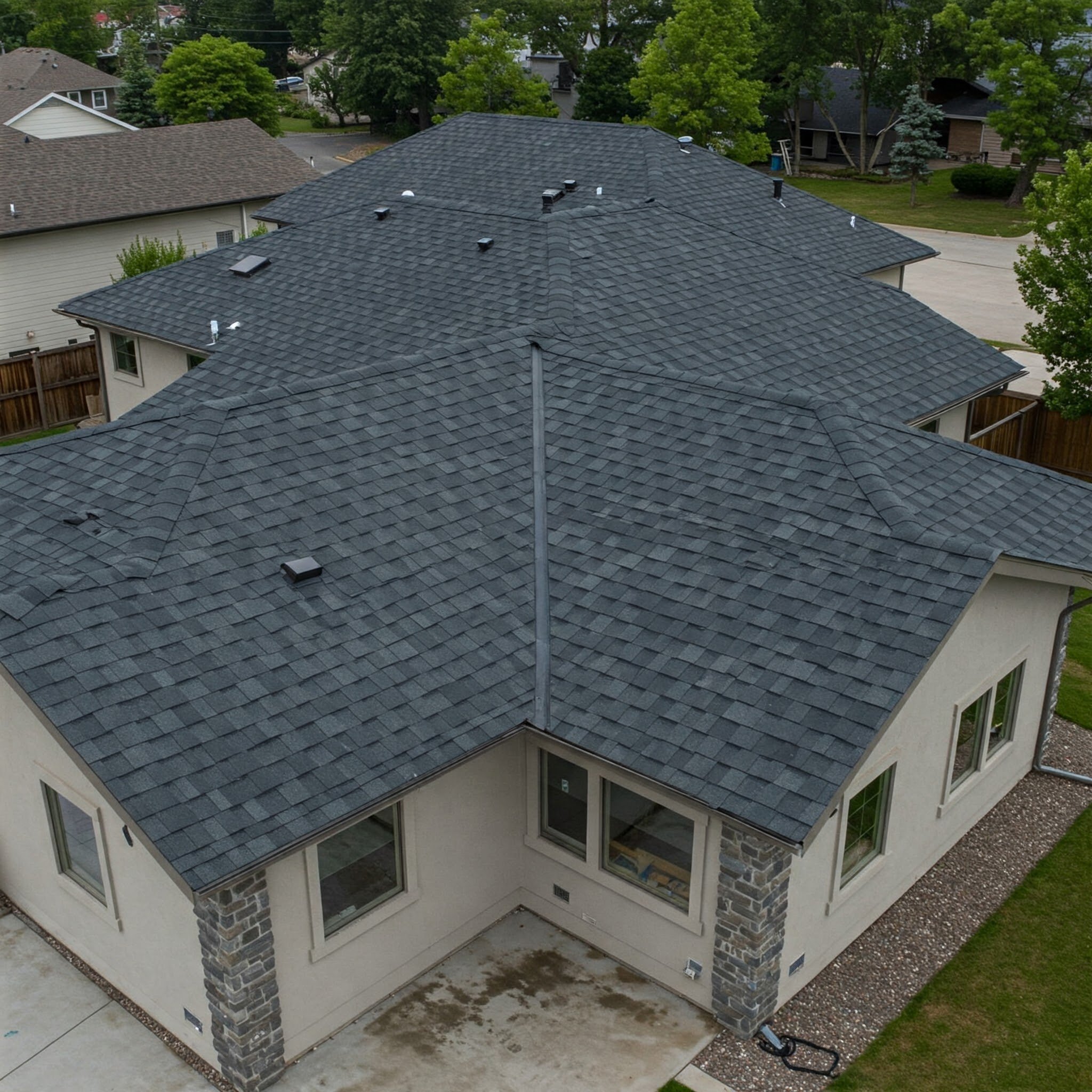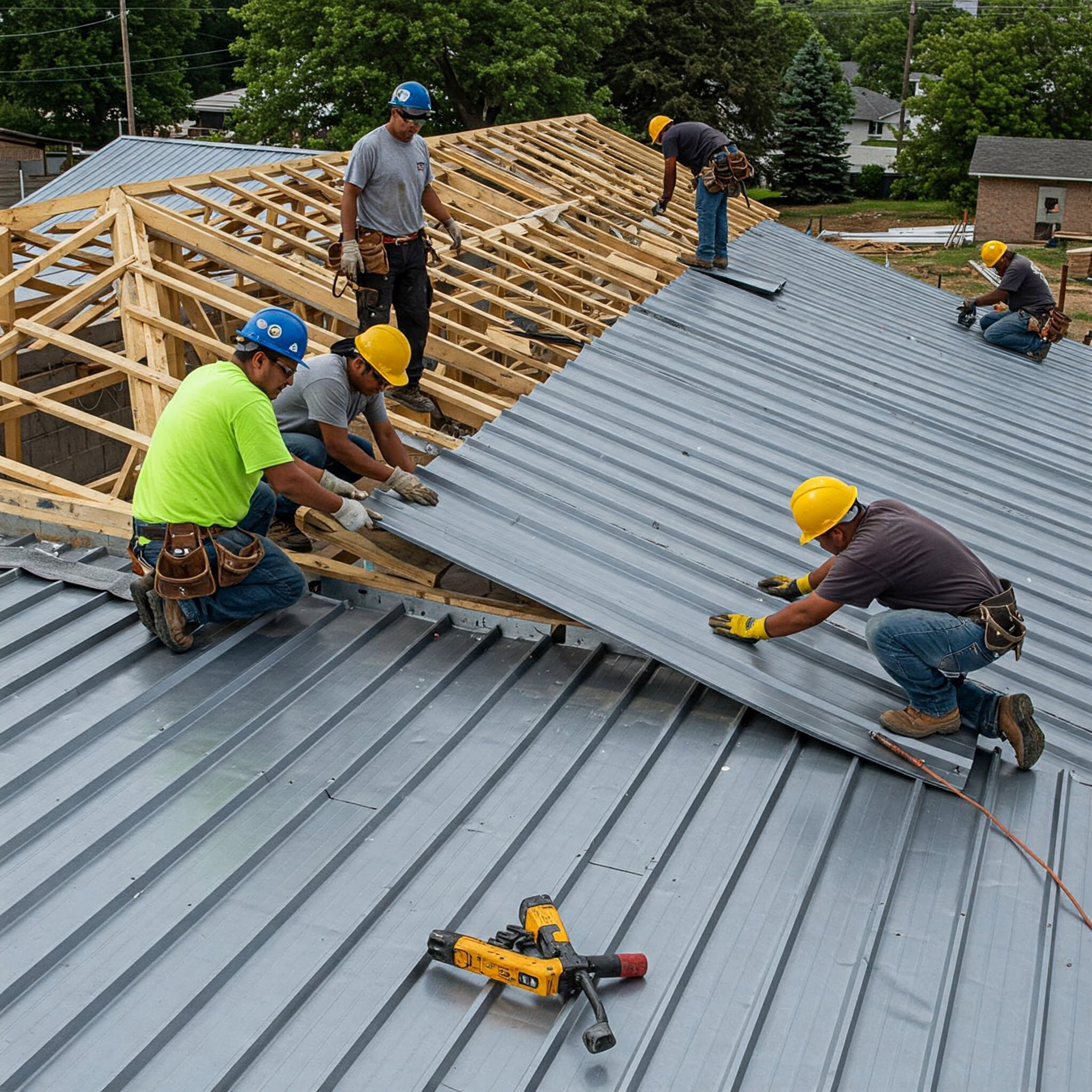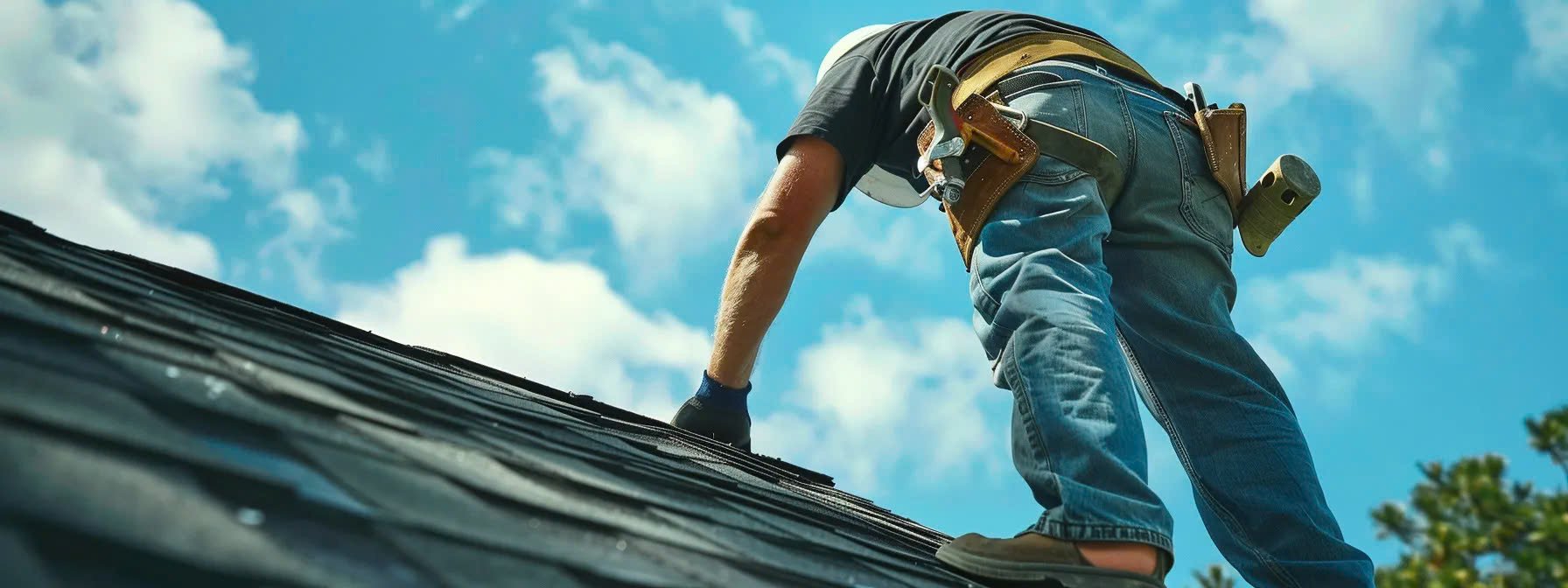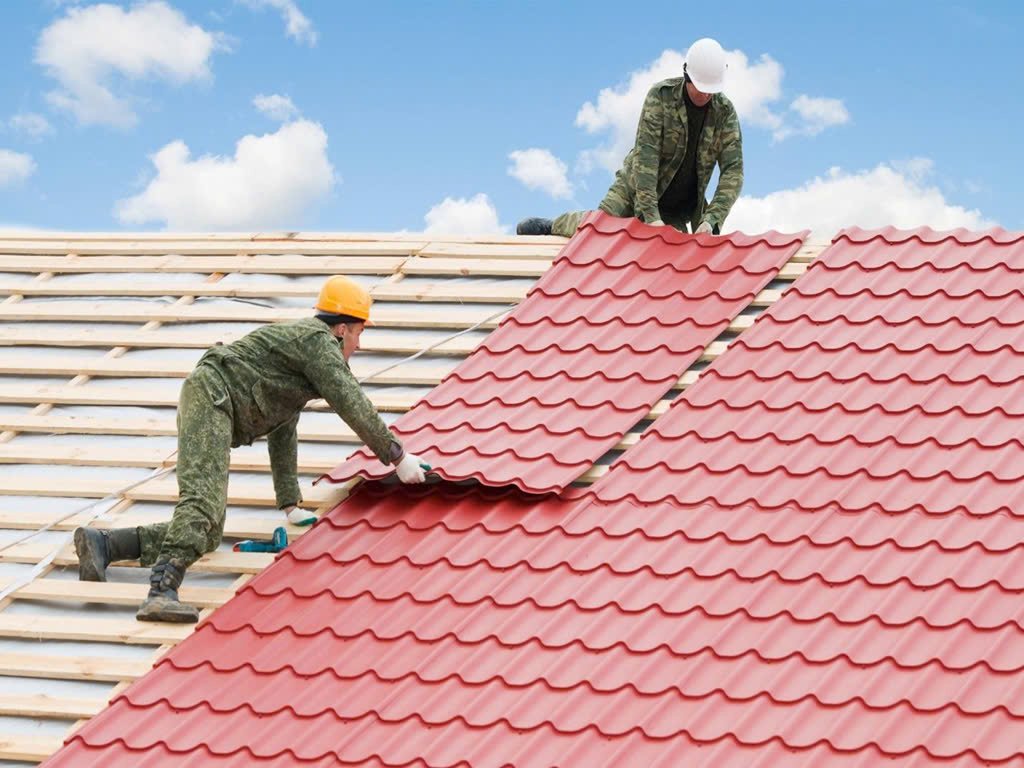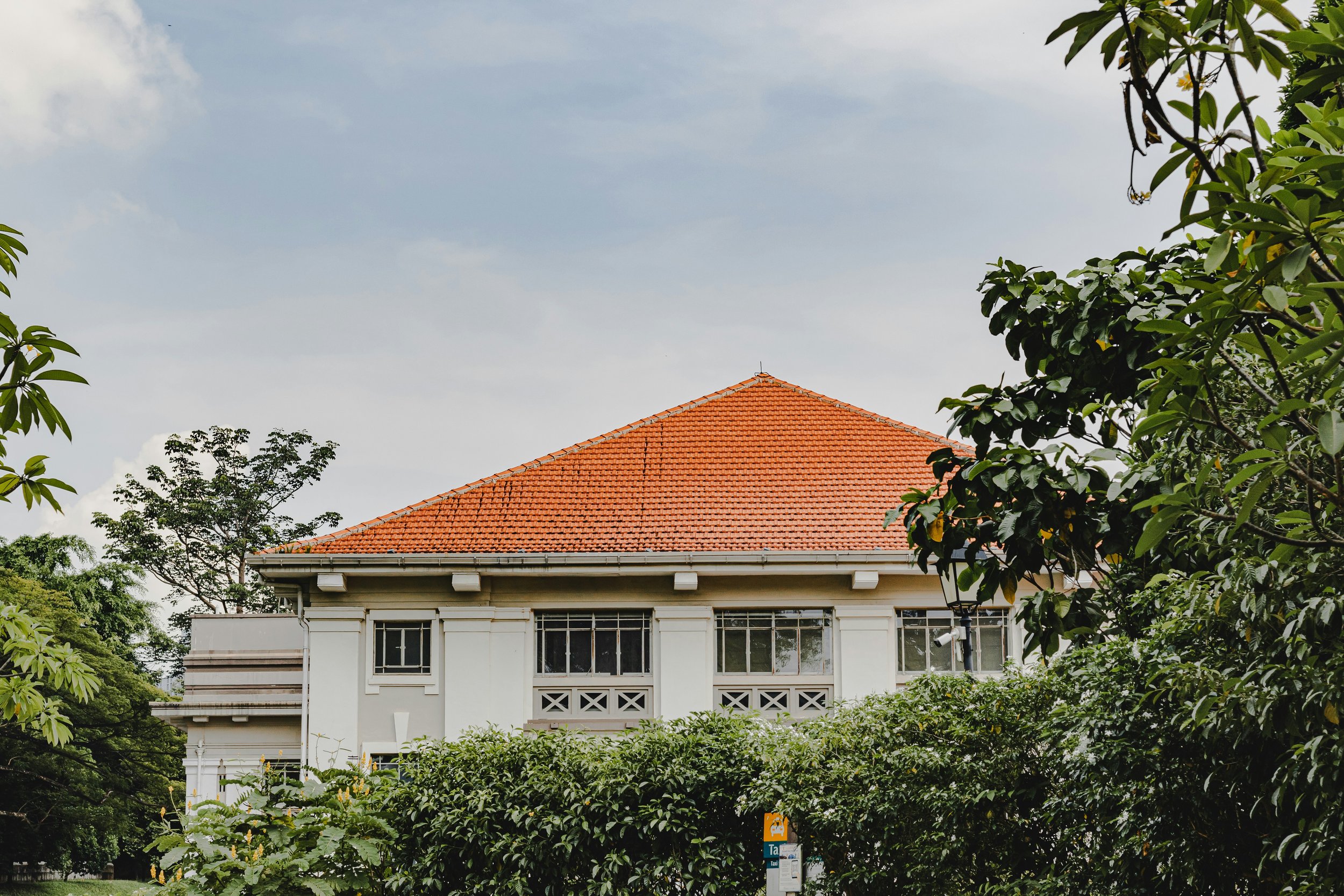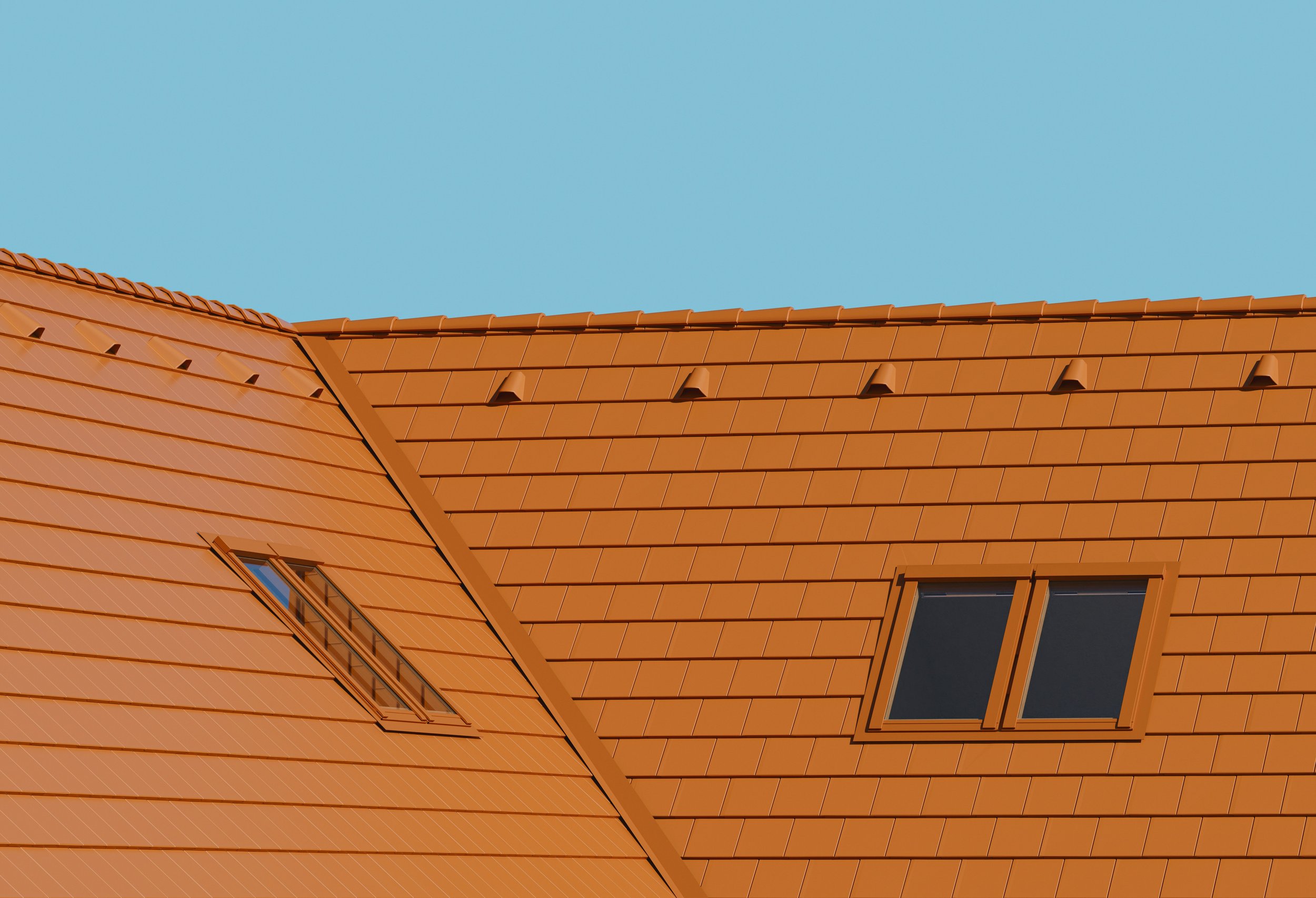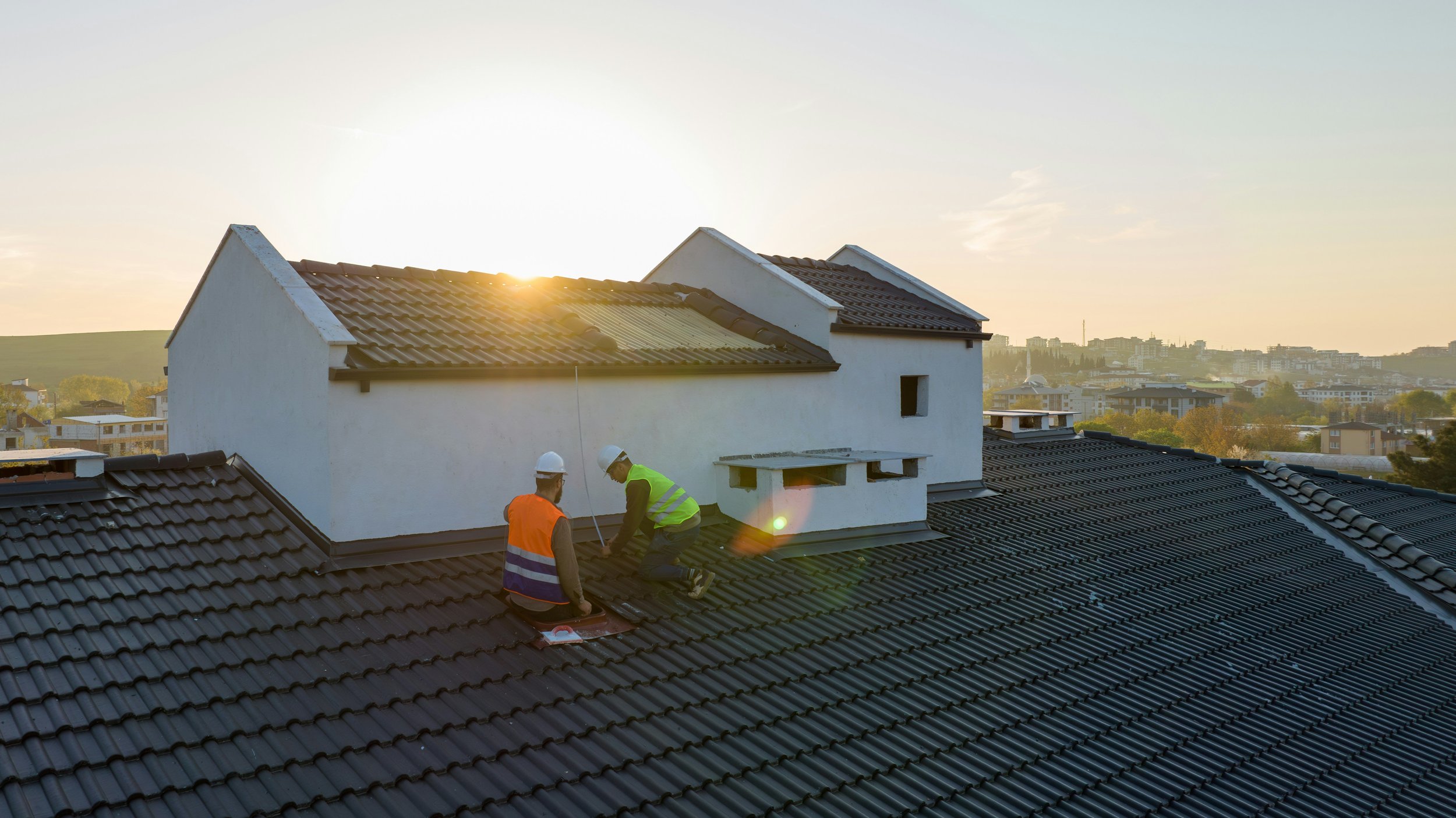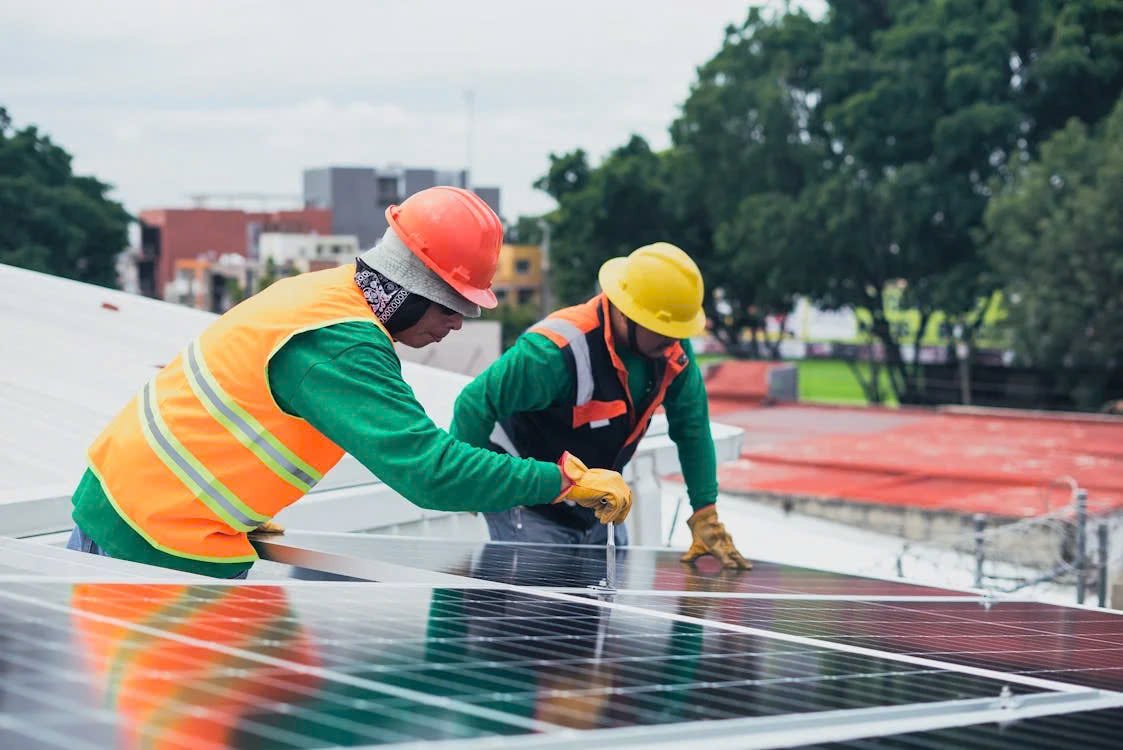Cost of Roofing in Long Island: A Comprehensive Breakdown
Discover a comprehensive breakdown of roofing costs in Long Island. Learn about factors influencing prices, material options, and budgeting tips to help you plan your roofing project effectively.
Planning a roof replacement in Long Island, New York, requires a solid understanding of the costs involved. Homeowners can expect to pay anywhere between $5,000 and $31,000 for a new roof, depending on factors like shingle quality, roof complexity, and size. This range allows you to budget effectively and choose the materials and contractors that fit your needs. Keep reading below and learn about the factors affecting the costs of roofing in Long Island.
Factors Influencing Roofing Costs
Several factors significantly impact the cost of roofing in Long Island. Understanding these elements can help you make informed decisions for your roofing project.
Material Type and Quality
The type and quality of roofing materials greatly affect the cost. Common materials include asphalt shingles, metal roofs, tile, slate, and wood shake.
Asphalt shingles are popular for their affordability, typically costing between $5.20 to $8.90 per square foot. Metal roofs are more expensive but offer enhanced durability and longevity, with costs ranging from $7 to $25 per square foot. High-end options like slate and tile can significantly increase costs but provide superior aesthetics and durability. The underlayment, flashing, and other components also affect prices.
Roof Size and Complexity
The size and complexity of your roof are crucial cost-determining factors. Roofing contractors typically charge per roofing square (a 10×10 foot area). Larger roofs demand more materials and labor, driving up costs.
Roof complexity, including roof pitch and the presence of skylights, gutters, and other features, can further increase expenses. A steep roof pitch or intricate design usually requires additional safety measures and labor, leading to higher costs.
Labor Costs and Experience
Labor costs can vary significantly based on the roofing contractor's experience and reputation. Skilled and experienced roofers generally charge higher rates but can provide better workmanship.
In Long Island, labor costs may also be influenced by local demand and seasonal factors. On average, roofing labor costs approximately $500 per roofing square. Opting for reputable, experienced contractors can prevent issues and ensure high-quality installation, which might save money in the long run.
Permits and Local Building Codes
Permits and adherence to local building codes in Long Island can also impact roofing costs. Local building codes require certain standards to be met, which might necessitate specific materials or installation techniques.
Obtaining necessary permits is another cost factor. Permit fees can vary depending on your municipality's requirements and the scope of your roofing project. Ensuring compliance with local regulations helps avoid fines and delays, making this a crucial consideration in your overall budget. Your contractor can help navigate these requirements for a smoother process.
Roof Replacement Process and Costs
Replacing your roof in Long Island involves several critical steps and factors that influence the overall cost. This section explores essential aspects like assessing the existing roof, calculating costs, selecting materials, and understanding installation complexity.
Assessing the Existing Roof Condition
Before any work begins, evaluate the condition of your current roof. Inspect for damaged shingles, leaks, and other signs of wear. Determine if there are multiple layers of roofing since additional layers can increase removal costs. Pay attention to valleys and dormers as they complicate the replacement process and may require specialized handling.
Calculating Replacement Costs
Roof replacement costs vary primarily with size and complexity. Costs are often calculated per square, with one square equaling 100 square feet. For a 2,000 sq ft home, expect $10,000 to $14,000. Asphalt shingles cost between $5.00 and $9.00 per square foot, while metal roofing ranges from $10.00 to $16.00 per square foot. Additional features and labor intensity add to the overall expense.
Choosing the Right Roofing Material
Material choice significantly affects both cost and longevity. Asphalt shingles are popular due to their affordability and durability, costing about $5.20 to $8.90 per square foot. Metal roofing offers greater longevity but at a higher price point of $10.00 to $16.00 per square foot. Consider lifespan, climate suitability, and aesthetic preference when making your selection.
Installation Complexity
The complexity of your roof impacts both labor and costs. Standard pitch roofs are easier and cheaper to install compared to steep pitch roofs which require more safety measures and labor. Features such as valleys, dormers, and multiple layers of roofing add to the complexity and cost. A professional evaluation can give you a precise idea of the associated challenges and expenses.
Long-Term Considerations and Maintenance
Your roofing choice in Long Island requires attention to durability, maintenance costs, and its effects on energy bills and insurance.
Durability and Lifespan
Different roofing materials offer varied lifespans. Asphalt shingles typically last 20-30 years; metal roofs, 40-70 years; and tile or slate roofs, up to 100 years. Keep in mind that weather factors like storms and extreme weather can impact durability.
Choosing a long-lasting material can save you from frequent repairs and replacements. Metal roofs may have higher upfront costs but their longevity can offset these expenses over time. Consider warranties as well, as they can provide additional peace of mind and financial protection.
Maintenance and Repair Expenses
Maintenance requirements vary significantly by material and slope. Low-slope roofs may need more frequent inspections to prevent water damage and algae growth. Steep-slope roofs often require less maintenance but may pose greater safety risks during repairs.
Regular inspections can help identify wear and tear early, reducing repair costs. For instance, fixing minor issues such as loose shingles can prevent water damage that would demand extensive repairs later. Including costs for routine upkeep in your budget is essential.
Impact on Energy Efficiency and Insurance
Your roof type can significantly influence energy efficiency and insurance premiums. Roofing materials with high reflectivity like metal roofs can reduce your cooling costs during Long Island’s hot summers. Energy-efficient roofs may qualify you for rebates or tax credits.
Insurance premiums may vary based on your roofing material’s fire resistance and ability to withstand extreme weather. Metal and tile roofs often lead to lower premiums due to their durability. Confirm this with your insurer to potentially benefit from cost savings.
Making informed decisions about durability, maintenance costs, and energy efficiency will help maximize your investment in a new roof.
Financial Considerations and Getting a Quote
When planning your roofing project in Long Island, you need to consider the full range of expenses and find trustworthy roofing companies. This section will guide you through the essential financial aspects and how to get an accurate quote.
Understanding the Complete Expense
Roofing costs can vary significantly based on several factors such as the type of materials used, the size of your roof, and labor costs. For example, a 1,000-square-foot roof could cost between $8,500 and $14,300, depending on the materials and labor. You'll need to think about costs for asphalt, metal, tile, or wood shingles.
Here's a breakdown of potential roofing expenses:
Asphalt Roofing: $500 - $700 per square
Metal Roofing: $10,000 to $54,500
Tile Roofs: $15,000 to $30,000
Wood Shingles: $10,000 to $16,000
It’s important to include additional costs like plywood underlayment and potential barriers. Use a roofing cost estimator for a more detailed quote.
Roofing Financing Options
Paying for a new roof can be a substantial investment, but there are several financing options available. Home equity loans or lines of credit are common choices, as they typically offer lower interest rates. Personal loans might be available if you have good credit, but these tend to have higher interest rates.
Some roofing companies also offer financing plans, which can help spread out the cost. Make sure to review the terms carefully, including interest rates and repayment periods. Be wary of financing offers with high rates or hidden fees. It's crucial to get transparent pricing and ensure that the roofing company details all possible charges upfront.
Finding Trustworthy Roofing Companies
Selecting a reputable roofing company is key to ensuring quality work. Start by researching local companies and reading online reviews. Verify licensure and insurance to avoid liability issues. References from past clients can provide insights into the company's roofing experience and workmanship.
Ask for multiple quotes to compare pricing, services, and materials used. Reliable companies should be willing to provide detailed estimates and explain the costs involved. Consider companies that offer guarantees or warranties for added peace of mind. Transparent communication and clear contracts will help avoid unexpected expenses and ensure a smoother roofing project.
By understanding these financial considerations, you can better prepare for the costs of roofing in Long Island and secure the best value for your investment.
Conclusion
When considering the cost of roofing in Long Island, manage your expectations based on several factors.
Costs can vary widely depending on the roofing material. For instance, asphalt shingles typically cost between $8,000 and $16,000 for a full replacement. High-end options like metal roofing may increase this price significantly.
Your roof's size and pitch heavily influence the total expense. A 20-square roof might cost between $10,000 and $14,000 for asphalt shingles. Steeper roofs also incur higher labor charges due to increased risks.
Unexpected issues might arise once the old roof is removed, leading to additional costs. Keep a contingency fund for such situations.
Understanding these factors can help you plan and budget effectively for your roofing project.


